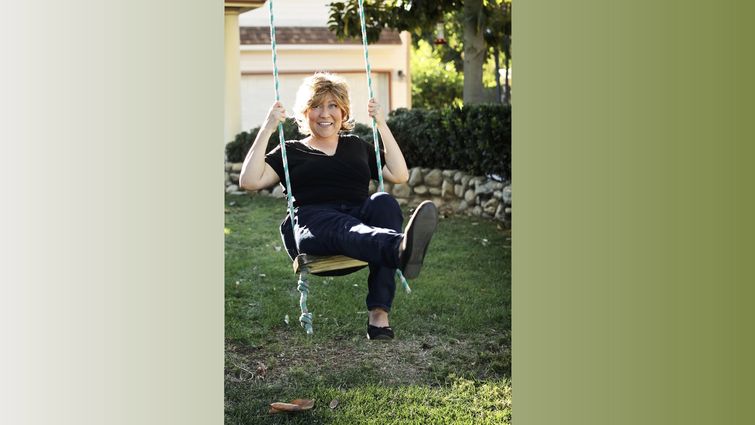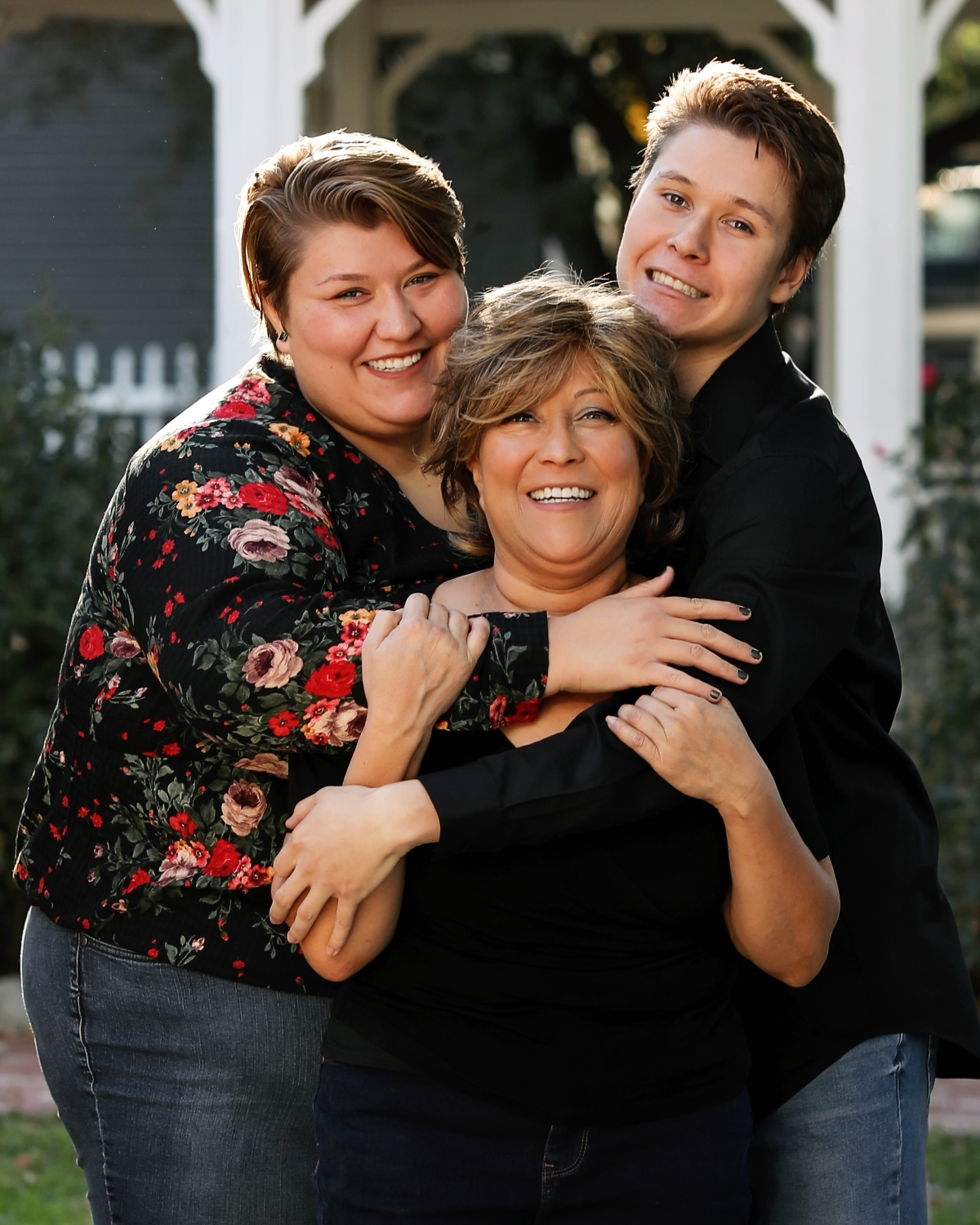
Frances Sanchez-Mackay partnered with care teams from the MEND program to help her and her family process a stage IV pancreatic cancer diagnosis.
Cancer entails more than a physical disease since the diagnosis can significantly impact patients’ and their loved ones’ entire way of life, including financial, relational, personal, and other changes.
To help patients mitigate these challenges, Loma Linda University Cancer Center works with the Behavioral Medicine Center (BMC) MEND program to provide individuals with cancer personalized, whole-person care through integrative mental and behavioral health services.
Care teams at the Cancer Center monitor patients for psychosocial distress through a screening designed to identify and supply patients with the right resources or referral for psychosocial needs — in which case they may encounter a social worker, clinical therapist, or both.
Ashley Park, MS, AMFT, a clinical therapist at the BMC, has worked with patients facing chronic illness through the MEND program and cancer patients. She says individuals might experience a disconnect from their body, feeling that their body has failed them or won’t comply. In these cases, Park can apply and adjust various aspects of the MEND approach to help benefit cancer patients. Together, patients and therapists move toward biopsychosocial-spiritual health by targeting stress responses in the body and connecting mind and body.
You go through a gamut of emotions, and there are so many different levels of worry, concern, fear, guilt, frustration.Frances Sanchez-Mackay
Other common sentiments cancer patients experience include grief and loss, says Gina Morales, LCSW, a clinical social worker at the Cancer Center. She says that the loss of control and identity, changing relationship dynamics and finances, and grieving the loss of normalcy all make up central themes. These, in turn, may exacerbate depression, anxiety, and impact physical health.
“Will they be able to do the things they used to do? Go back to work? Maybe they need more support and have to deal with new limitations now in their life,” Morales says.
Morales helps cancer patients navigate newfound practical needs or adjustments on this front — dealing with insurance barriers, finances and job changes, transportation, or finding helpful resources for emotional support.
At the end of the day, cancer impacts the whole family, not just the individual.Ashley Park
The MEND program recently launched two new initiatives: a free weekly peer-to-peer support group facilitated by clinical therapists and a new Intensive Outpatient (IOP) program specifically for cancer patients.
Clinical therapists like Park also offer family therapy sessions with particular consideration for how cancer may impact relationships and a family system.
“At the end of the day, cancer impacts the whole family, not just the individual,” says Park. “It impacts roles, responsibilities, and relationships within the unit, so the whole family system needs to adjust and shift.”
(2).JPEG)
“You go through a gamut of emotions, and there are so many different levels of worry, concern, fear, guilt, frustration," she says. "As a parent, as a mom, you are the protector, and you want to be strong for them, but then my kids want to know what is really going on. I know it's not my choice, but the reality still is that they have to deal with things that many kids do not. Ashley has helped me put that in terms.”
Sanchez-Mackay says the session helped her and her family members connect over the cancer diagnosis and its implications. As a result, she is confident in the MEND program’s ability to help them in the future.

While continuing one-on-one sessions with Park, Sanchez-Mackay is also planning to join the intensive outpatient cancer-specific therapy group to speak with others going through the same thing.
“It’s not just the medicine that is helping me,” she says. “It is also about the care that involves mind, body, and soul.”
Taking active steps to incorporate mental and behavioral health into cancer care can make all the difference in the lives of those who have been touched by cancer. To learn more about all of the resources offered to cancer patients at the center, visit lluh.org/cancer-center or call 1-800-782-2623.
